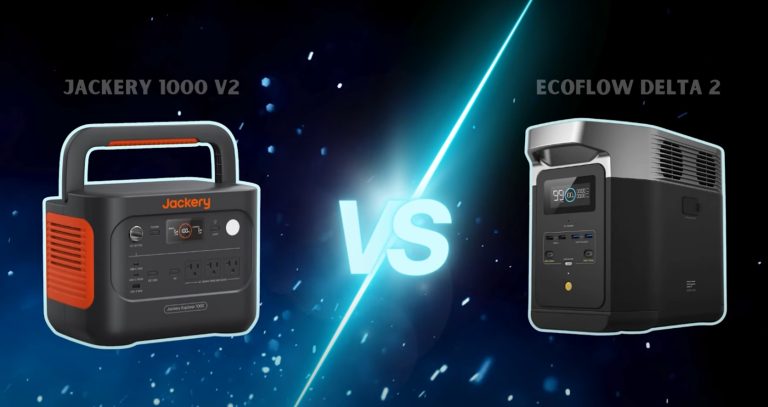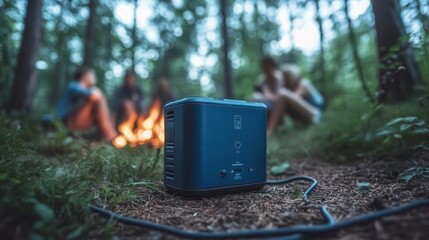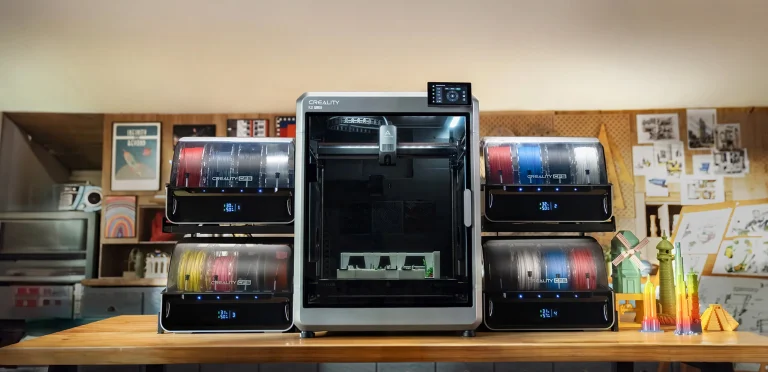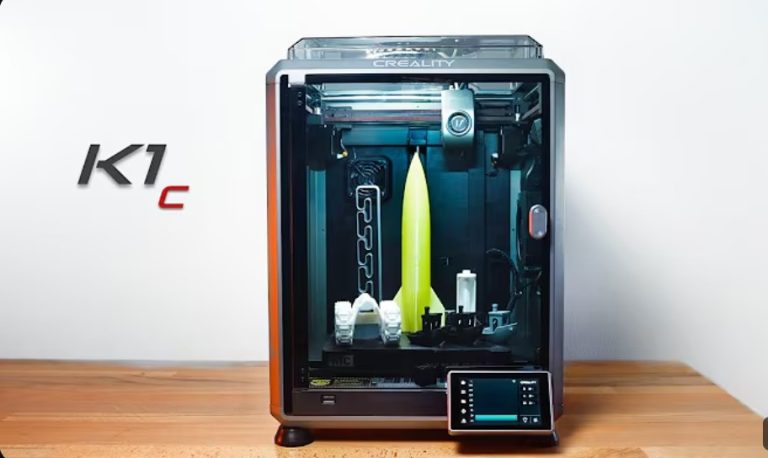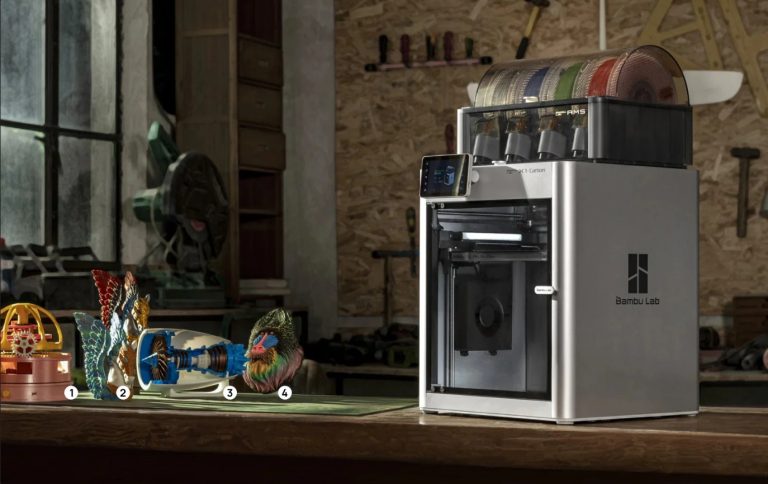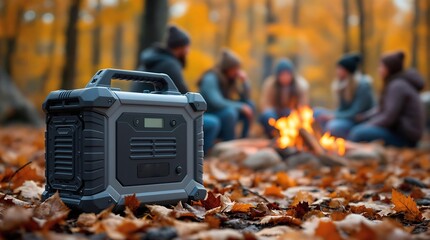
Portable power stations are transforming the way we stay connected and powered—whether you’re camping in the wilderness, preparing for a power outage, or simply want a reliable backup energy source for your devices. For beginners, though, the overwhelming number of models, specs, and brands can be confusing.
This comprehensive guide will walk you through how to choose the right portable power station, compare top brands like EcoFlow, Jackery, Bluetti, ALLPOWERS, and Anker, and help you make an informed buying decision based on your specific needs.
Why You Might Need a Portable Power Station
Before diving into specs and brands, let’s understand the scenarios where a portable power station becomes essential:
- Camping and Outdoor Adventures: Power up lights, phones, mini-fridges, or CPAP machines.
- Emergency Preparedness: Keep devices charged during blackouts, storms, or natural disasters.
- Off-Grid Work or Travel: Power laptops, drones, or small appliances in remote locations.
- Home Backup: Keep your modem, router, and essential electronics running during short outages.
Key Features to Consider (Beginner-Friendly Breakdown)
1. Battery Capacity (Wh or kWh)
- Determines how much energy the station can store.
- Example: A 500Wh battery can charge a smartphone (~10Wh) about 40-50 times.
2. Output Ports and Power (W)
- Check for AC outlets, USB-A, USB-C, car ports, etc.
- Continuous wattage determines what appliances it can power.
- Tip: Make sure the station can handle surge power for appliances with high startup power.
3. Charging Methods
- Most can be charged via AC wall outlet, solar panel, or car.
- Fast-charging support is ideal for rapid turnaround.
4. Battery Type (Li-ion vs. LiFePO4)
- LiFePO4 lasts longer (~3,000+ cycles) and is safer at high temperatures.
5. Size and Weight
- Consider portability vs. power trade-off.
- Larger capacity = heavier weight.
6. Smart Features
- App control, real-time monitoring, UPS function, and firmware updates.
Top Brands Reviewed
Let’s look at five of the most trusted and beginner-friendly portable power station brands in 2025.
EcoFlow
Best For: Fast charging, smart features, versatile use
Popular Models:
- River 2: Lightweight, perfect for weekend campers.
- Delta 2: Mid-range model with fast 1-hour charging and expandability.
- Delta Pro: Premium, expandable up to 25kWh with home backup capability.
Pros:
- Industry-leading fast charging (0-80% in under an hour)
- Advanced app with real-time usage data
- Modular expandability
Cons:
- Pricier than similar-capacity competitors
Beginner Tip: Go for River 2 if you’re starting with light use like phones, laptops, and lights.
Jackery
Best For: Beginners and campers seeking simplicity
Popular Models:
- Explorer 300/500: Lightweight, compact for short trips
- Explorer 1000/2000 Pro: High capacity with solar generator kits
Pros:
- User-friendly design
- Great brand support and reliability
- Optional solar panel bundles
Cons:
- No LiFePO4 battery in lower models
- Slower charging compared to EcoFlow
Beginner Tip: Jackery 500 is a great starter pick for light appliance use like fans or small projectors.
Bluetti
Best For: Heavy-duty use, longer battery lifespan
Popular Models:
- EB70S: Compact with LiFePO4, 800W output
- AC200MAX: 2048Wh with expandable battery
- EP500: Massive unit for whole-home backup
Pros:
- LiFePO4 batteries across most models
- Rich port selection (USB-C PD, wireless charging)
- Supports solar input up to 900W+
Cons:
- Heavier than competitors
- Software/app less polished
Beginner Tip: EB70S is beginner-friendly and offers high value with advanced battery tech.
ALLPOWERS
Best For: Budget-conscious users looking for versatility
Popular Models:
- S300/S700: Lightweight entry-level models
- R1500/R4000: High-capacity models with UPS support
Pros:
- Affordable pricing
- Decent port selection
- Solar-ready
Cons:
- Build quality and app experience less refined
- Customer support inconsistent
Beginner Tip: Good choice for those testing portable power on a budget.
Anker
Best For: Trusted brand with great support and design
Popular Models:
- 535 PowerHouse: Mid-range with LiFePO4
- 757 PowerHouse: High-capacity flagship with fast charge
Pros:
- Excellent build quality
- Long battery cycle life (LiFePO4)
- Reliable customer service
Cons:
- Limited product range compared to others
- Less solar input flexibility
Beginner Tip: Anker 535 is ideal if you want premium features in a compact, durable design.
Portable Power Station Buying Guide (Step-by-Step)
Step 1: Determine Your Power Needs
- List the devices you plan to power (phone, laptop, fridge, etc.)
- Check their wattage and calculate total power required
Step 2: Match Capacity to Use Case
- <500Wh: Short camping trips, phone charging
- 500-1000Wh: Laptops, drones, lights, CPAPs
- 1000Wh+: Fridges, power tools, home emergency use
Step 3: Check Output Types
- Make sure it has AC (for standard plugs), USB-A/USB-C, and carports
- Look for PD (Power Delivery) support if you use USB-C devices
Step 4: Consider Charging Options
- Want to use solar panels? Make sure the model supports MPPT charging
- Fast AC charging can be a lifesaver in emergencies
Step 5: Factor in Portability
- Will you carry it by hand? Choose lighter models (<10kg)
- For RVs or car camping, weight is less of an issue
Step 6: Brand Support & Warranty
- Stick to brands with good support & clear warranty policies (like Anker or Jackery)
Final Thoughts: What’s the Right Pick for You?
There’s no one-size-fits-all solution. Here’s a quick cheat sheet:
| Use Case | Recommended Brand/Model |
| Light camping & phone use | Jackery Explorer 300 / EcoFlow River 2 |
| Weekend trips w/ laptop & fans | Bluetti EB70S / Anker 535 |
| Emergency power for home | EcoFlow Delta 2 / Bluetti AC200MAX |
| Budget pick for beginners | ALLPOWERS S300 |
| High-end solar backup | EcoFlow Delta Pro / Bluetti EP500 |
FAQs (Beginner-Friendly)
Q: Can I power my refrigerator with a portable power station? A: Yes, if the power station’s wattage output meets or exceeds the fridge’s startup and running wattage (usually >1000W).
Q: How long does it take to recharge a power station? A: Depending on model & input method, anywhere from 1 hour (EcoFlow fast charge) to 8+ hours (standard AC).
Q: Can I leave my devices plugged in 24/7? A: Yes, most quality models have built-in safety protections and UPS modes (check specs).
Conclusion
Choosing the right portable power station as a beginner comes down to knowing your needs, understanding key specs, and choosing a reputable brand. With options like EcoFlow for tech lovers, Jackery for simplicity, Bluetti for power users, ALLPOWERS for budget-minded buyers, and Anker for reliable support—there’s something for everyone.
Start small if you’re unsure, and scale up as your power needs evolve. With the right choice, you can enjoy freedom, safety, and convenience anywhere you go.
